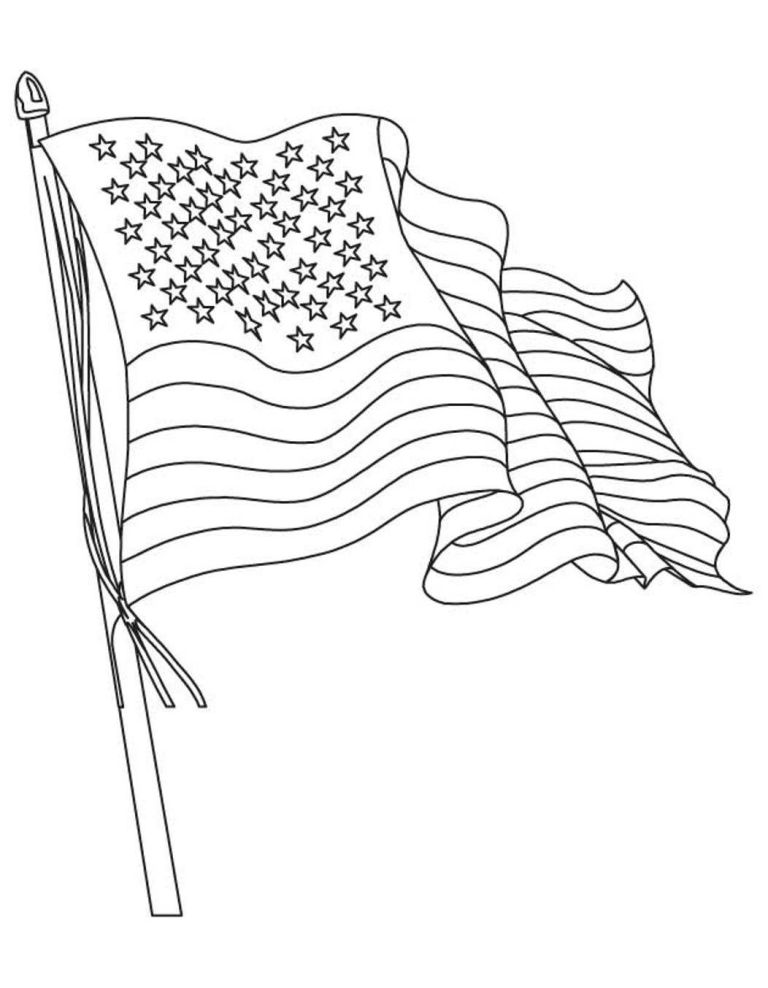A television is playing in a Birmingham bar. The talking head is shouting politics. Most folks in this joint are below thirty, and aren't even watching TV. They're transfixed with the opiate glows of their smartphones.
The bartender looks thirteen. He stares at the television screen and says something under his breath. Something sad.
“This country sucks, man.”
I know he probably doesn’t mean it. He’s just upset. But it stings just the same, and I wish he wouldn't say such things.
Still, maybe it’s not his fault. I don't know what his story is, I don’t know what his beliefs are, but perhaps this boy has missed a few uniquely American blessings in his accumulated years of harrowed wisdom.
Maybe if he could see a few wondrous things in this country he’d change his opinion about us.
Perhaps he's never seen things like big, neon-pink azaleas bright enough to give you trouble breathing. Those don't suck.
Neither do the Waffle Houses lining the interstates. The shoebox buildings with the canary-yellow tops and the interior globe
lights over the faux-wood tables. Nothing sucks about those. I’ve neither had a bad meal at such an establishment, nor bad service. And no matter which season I visit a Waffle House, it is always cold enough inside to hang meat.
The Everglades at sunrise, no sucking there. The Suwannee River definitely doesn’t suck. The fat-bottomed cypress trees, swollen with bayou water. Spanish moss—which, as it turns out, is neither moss, nor Spanish.
My bartender needs to see these things. They would bless his heart.
If you ask me, the boy needs to ride a riverboat on the Mighty Missouri at dusk, watch the shrimp trawlers combing Lake Pontchartrain. Or listen to stories from the roughnecks who raised beef in Ottawa County, Oklahoma. He should meet the roughnecks who farmed the oyster beds of the Apalachicola Bay.
And he needs smoked ribs from Kendall’s…







